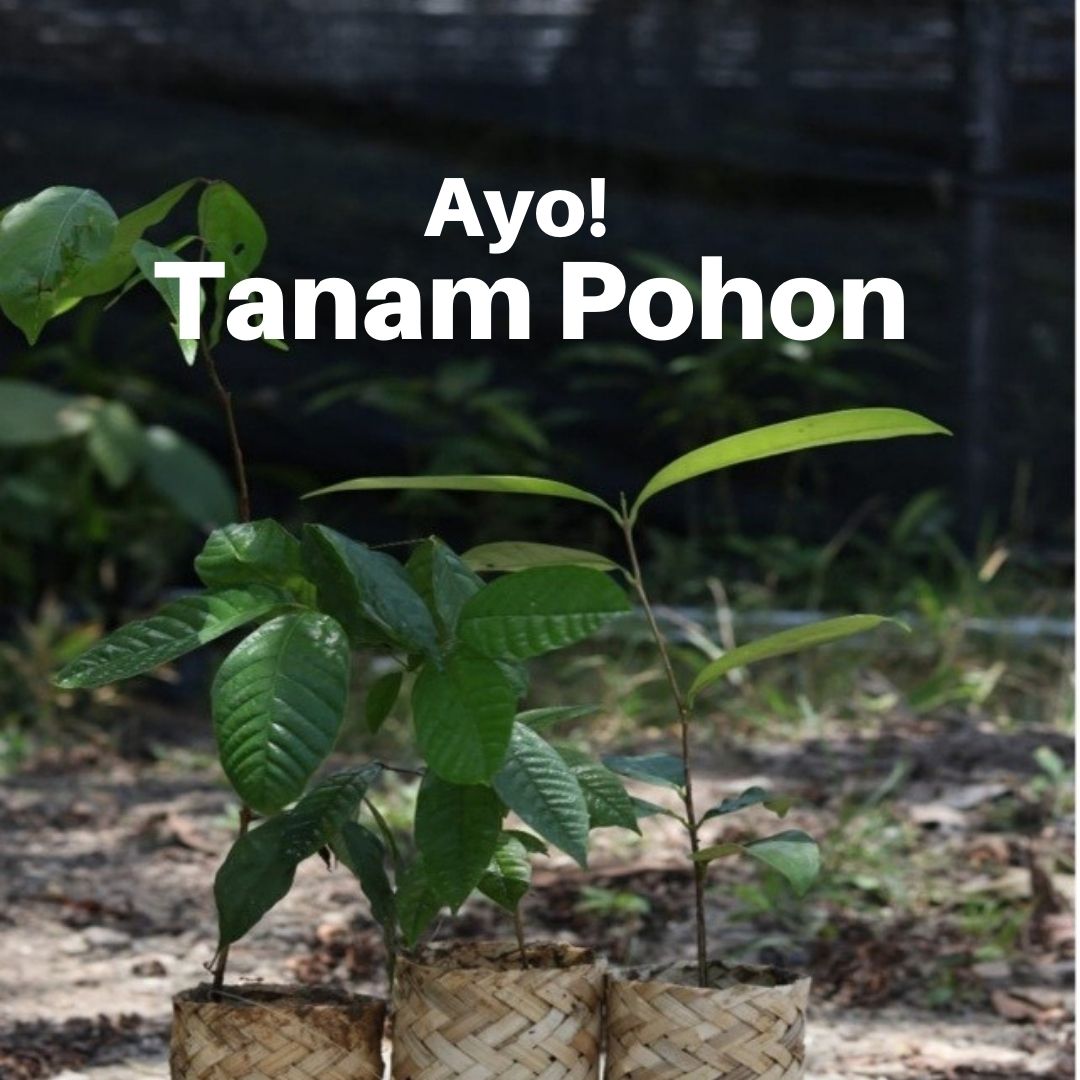Indonesia is currently reviewing the implementation of the nesting concept within the REDD+ scheme to strengthen forest carbon governance while also enhancing the attractiveness of carbon credits in the global market to support the FOLU Net Sink 2030 agenda.
The Expert Staff to the Minister of Forestry, Haruni Krisnawati, explained that nesting is essential to ensure REDD+ actions at the project and provincial levels remain aligned with national targets.
“It also prevents double counting and ensures that benefit sharing is carried out fairly and transparently,” said Haruni Krisnawati, who also serves as Executive Chair I of the Operation Management Office (OMO) FOLU Net Sink 2030, during the Multistakeholder Discussion on Nesting for Jurisdictional REDD+ to Support Forest Carbon Governance in Indonesia, Tuesday (August 19, 2025).
According to her, the forestry sector remains the largest contributor to Indonesia’s Nationally Determined Contribution (NDC) targets.
Through FOLU Net Sink 2030, forests are expected not only to reduce emissions but also to become a net absorber. Therefore, consolidating the various REDD+ initiatives developed at different levels into the national system is necessary.
The multistakeholder forum discussed international standards, measurement mechanisms, and pilot testing of nesting in several provinces.
Representatives from government, development partners, the private sector, academia, and civil society agreed to support efforts to strengthen credible forest carbon governance.
The UNEP UN-REDD Country Coordinator in Indonesia, Bambang Arifatmi, emphasized that nesting is the key to accelerating forest carbon trading.
However, this must be supported by technical analysis, contributions from all stakeholders, as well as the application of safeguards and international standards to ensure Indonesian carbon credits are recognized by the global market. (****)




